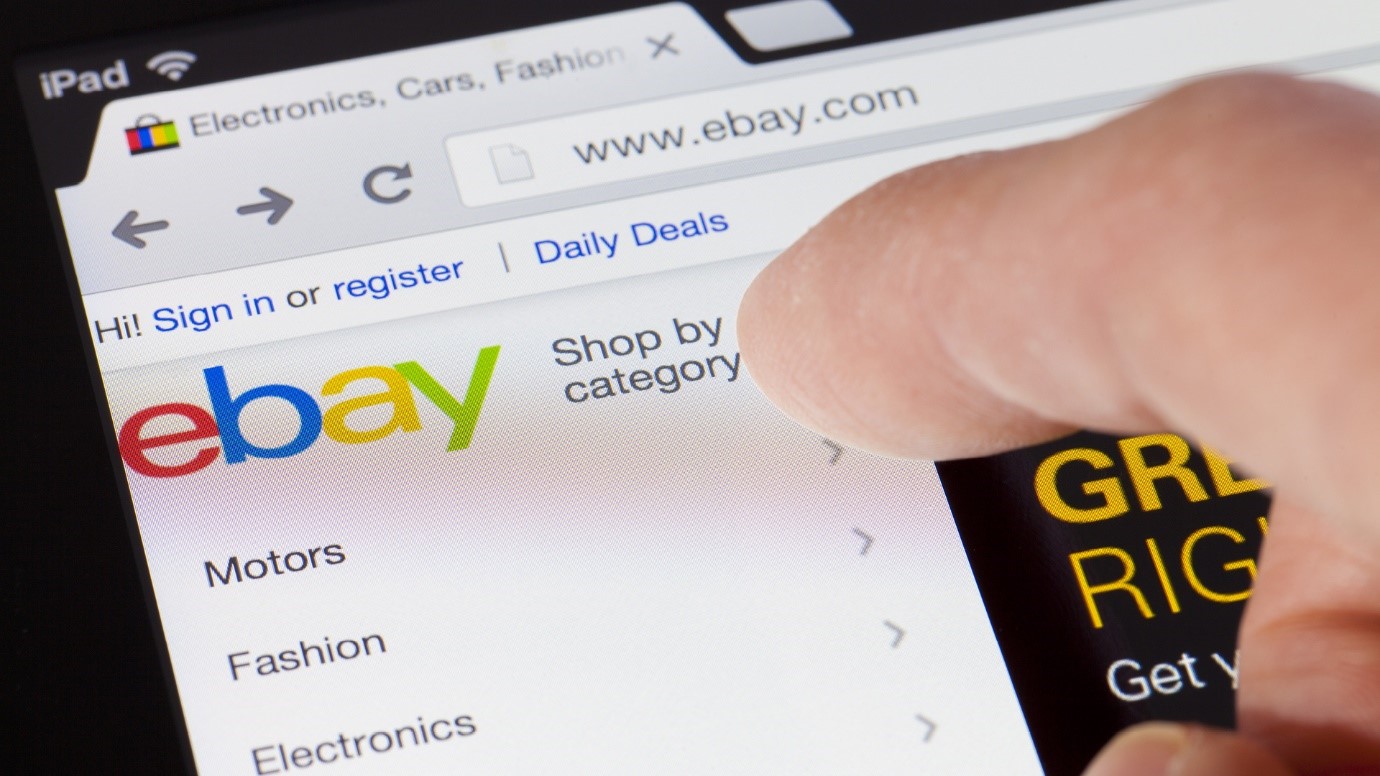Intellectual Property: Protect your great ideas when going global
Intellectual Property (IP) protection can help you establish your position when entering markets around the world. Research into trade mark activity tells us that businesses with a trade mark are more likely to become exporters, and, after filing a trade mark in an export market, they perform better, That’s why IP should be considered early to protect your business and your products.
Take Huskee for example. Huskee is a designer of reusable coffee cups and has created an innovative, reusable product that is changing the way take-away coffee and disposable cups work. Huskee’s intention is to enable sustainability within their industry, not just through the product they create but within the systems used to create it.
The product is made primarily from recycled husks of coffee beans, a by-product of processing that would otherwise be discarded by growers. This is a waste material which can only be manufactured in certain countries. ‘We’re manufactured in China, we’re designed in Australia but we are selling to over 70 countries now, so we have gone global very quickly’.
Huskee considered early on how to protect its brand and product design in overseas markets, with trade marks and design registrations.
IP is a valuable asset that can support you when doing business overseas. It’s important to remember that an Australian patent, trade mark, design or plant breeder’s right does not secure your rights outside of Australia. Like Huskee, you should consider IP protection in countries where you plan on doing business, including manufacturing and selling products online.
You can hear more from Adrian and Saxon from Huskee about their IP protection journey and how they have gone global with their products on the IP Australia website.
Where can I find out more?
Visit IP Australia’s website to learn more about taking your business global. You can also read more about the common challenges for exports and what considerations you should take when it comes to IP protection overseas.
If you need help specific to your business or situation, it is recommended you seek advice from an IP professional.





